
Malta’s Mediterranean sayings, a linguistic conundrum
In the most frequently travelled islands in the Mediterranean, as is Malta, language picks up the echo of every tongue that has been heard in its lands. And from that linguistic alchemy, adages bring together popular wisdom they express through every culture’s adaptation, while preserving the message of the general meaning.
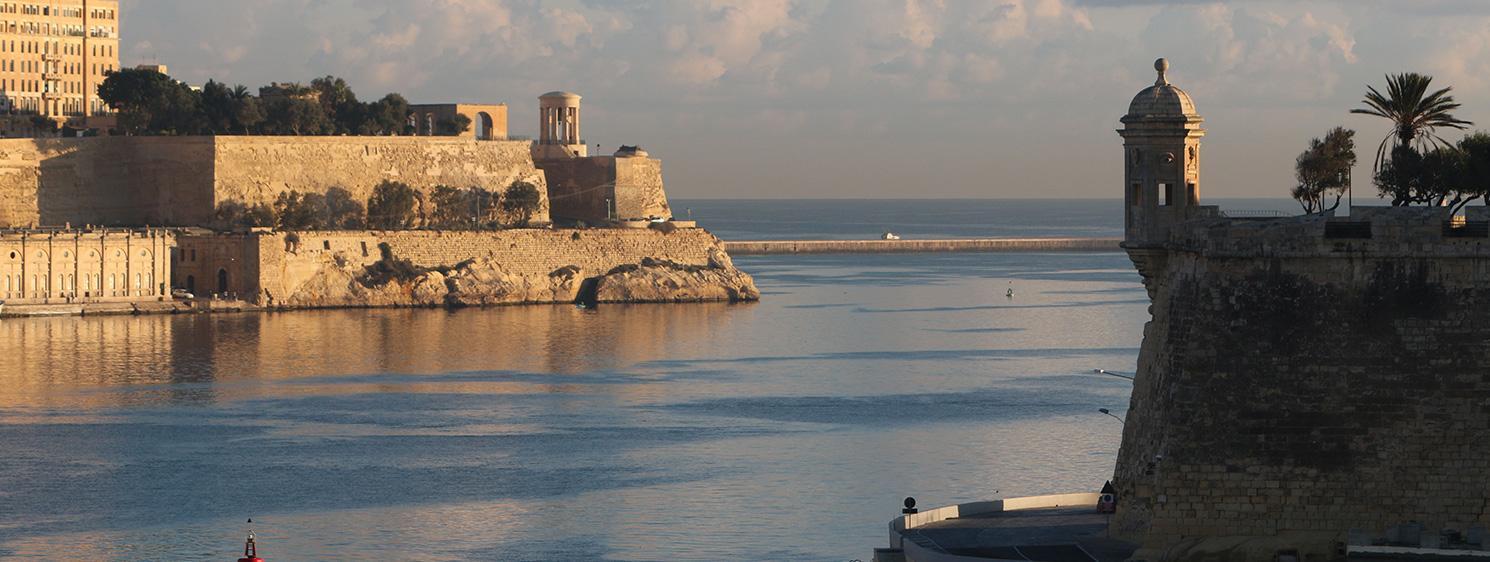
View of the mouth of the port of La Valetta. ©Pixabay
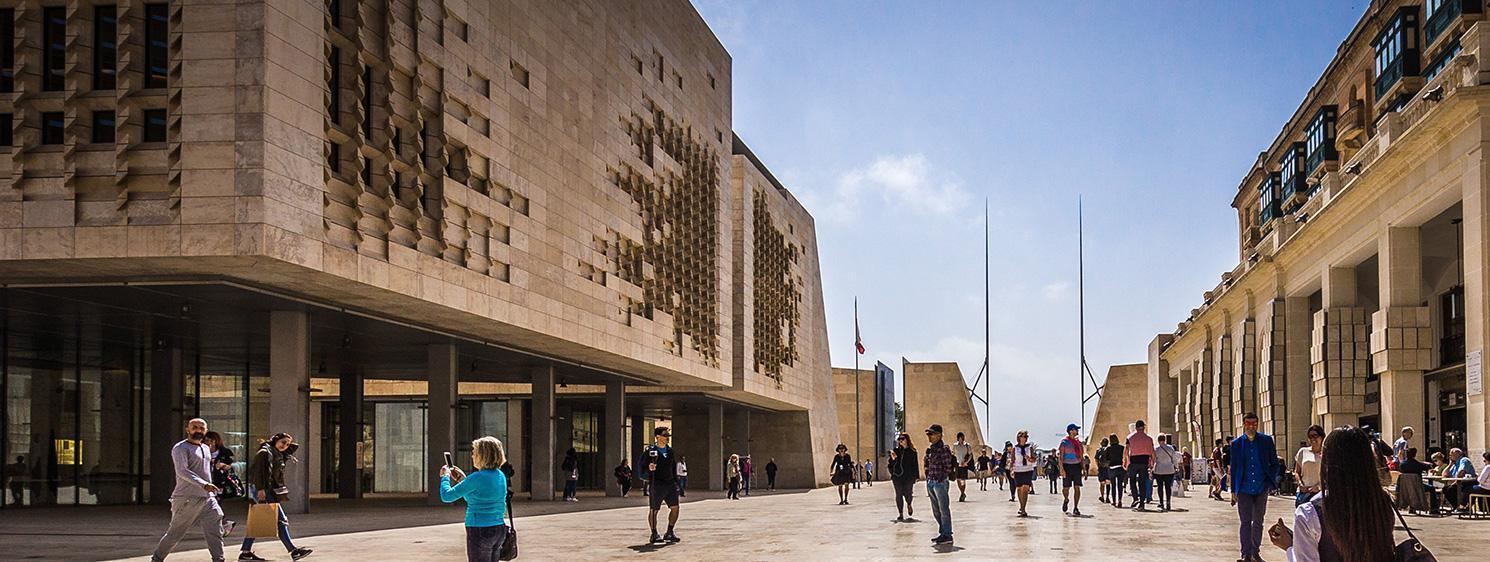
Urban scene in the modern city centre of La Valletta. ©Pixabay.
Indeed, Maltí speakers visiting Rome or Palermo are often mistaken for Arabs from Tunisia or Libya and with the Italians who bear the red passport. As a language with a clear “dual personality”, while not clinically schizoid, the Maltí is a language blended with an almost mathematical accuracy, whose entries in the dictionary, recognised by its National Academy, are exactly composed of half words of Italian origin, and the other half of Arabic. However, as Maltícolloquial words are frequently used, with its basic grammatical rules coming from Arabic, the spoken language is not heard as much as the Italian.
On top of that, the division between Arabic and Italian regarding basic vocabulary results in the increase of borrowings from English, informally adopted from neologisms coming from expressions from the pop culture and new technologies. Official Maltí language was in such a danger of being invaded by “Maltenglish”, that in the year 2005 the government founded an agency, the National Council of Maltese Language to act as a mediator.
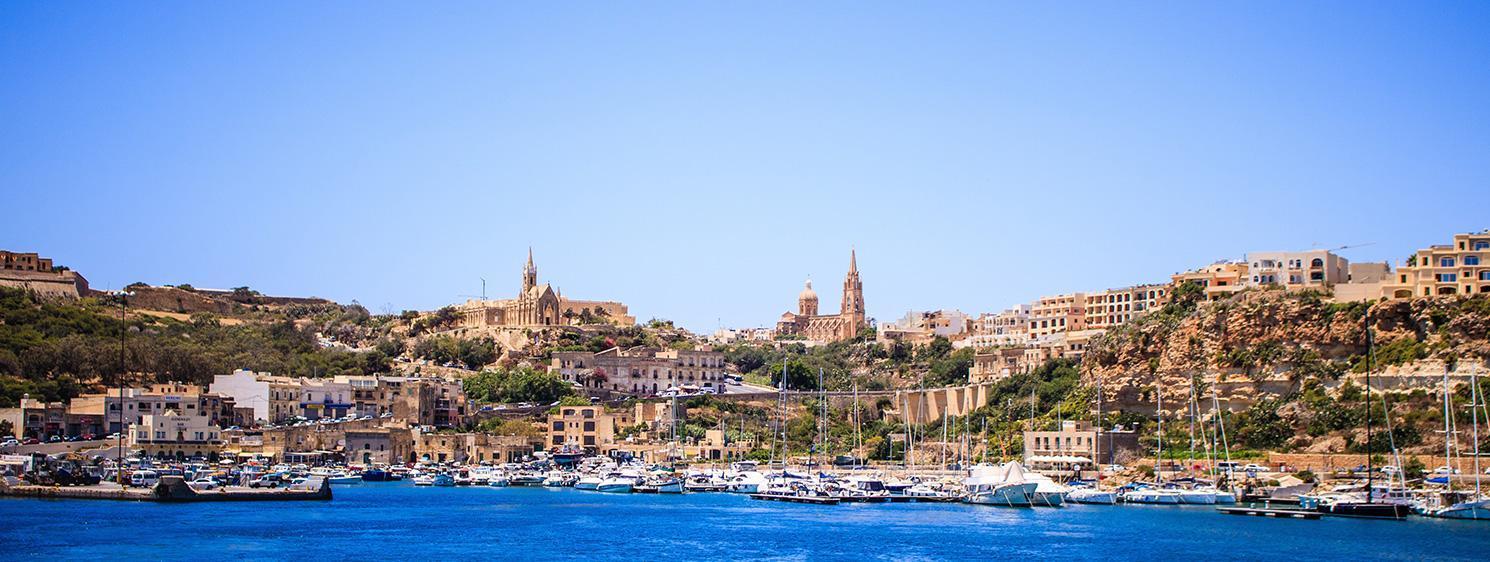
A view of the port of La Valletta. ©Pixabay
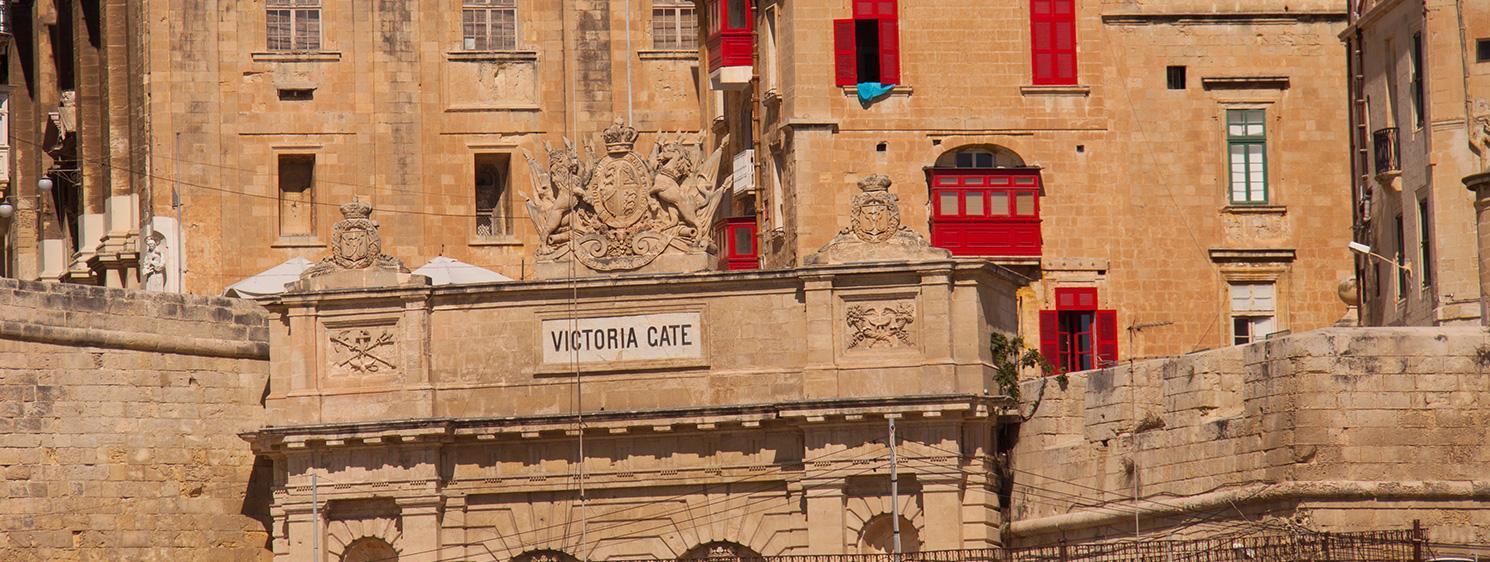
Victoria Gate in the port of La Valletta, in honour the British monarch of the same name. ©Pixabay
It looks to me, Sancho, that there is no proverb that is untrue, for they all come from the same experience
Don Quixote. Part I Chapter 21.
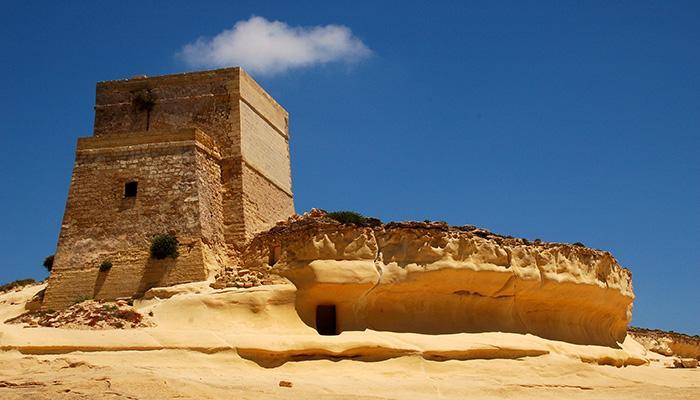
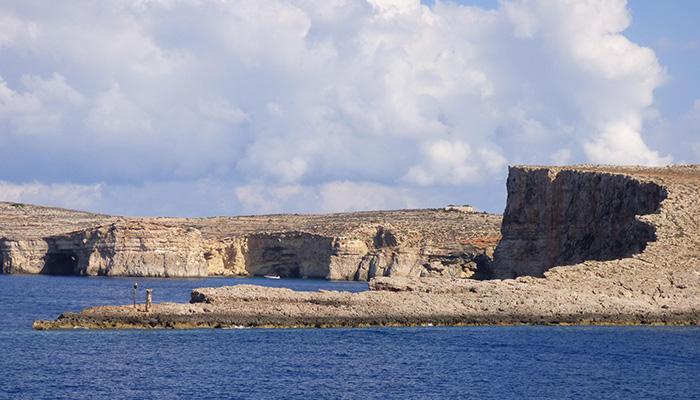
Malta is the name under which this group of islands in know, the large and the smaller ones, Gozo (left) and Comino (right). ©Pixabay
The Bizantine colony was embroiled in struggle, and it succumbed to the violent Arab conquest in the war of the 9th century, which substancialy diminished the population, according to Arab geographer Ibn Abd al-Mu’min al-Himyari. This conquest brought the settlement of Arab-Sicilian speakers that lasted only a few years, before the islands fell into the hands of the Normans, who in the year 1224 succeeded in expelling the Muslims, but not the Arabic language, which at that time was the common language in the island. It was then that the long process of both Christianisation and Romanisation started, which continued without interruption until today.
Therefore, over the last eight hundred years, the speakers of Maltí have been stripped of what should be named their “base language”. Martin Zammit, of the University of Malta, made a comparative study of the vocabulary of the Koran used in Arabic dialects of Syria and Morocco, and of Malta, and he found that the Maltese words in the Coran matched the Syrian ones at least five times more than those of Morocco. This proves that, in some respects, the Maltese could be considered as sort of “fosillised” Arabic, closer to Koran’s language, just as it evolved in the Islamic East, than the Arabic dialect that is spoken in the Maghreb.
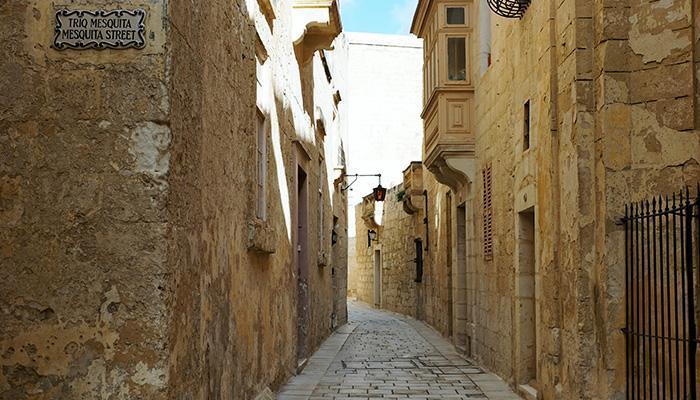
Mezquita Street, in the historic quarter of La Valletta, with the charasteristic layout of traditional Arab quarters. ©Pixabay
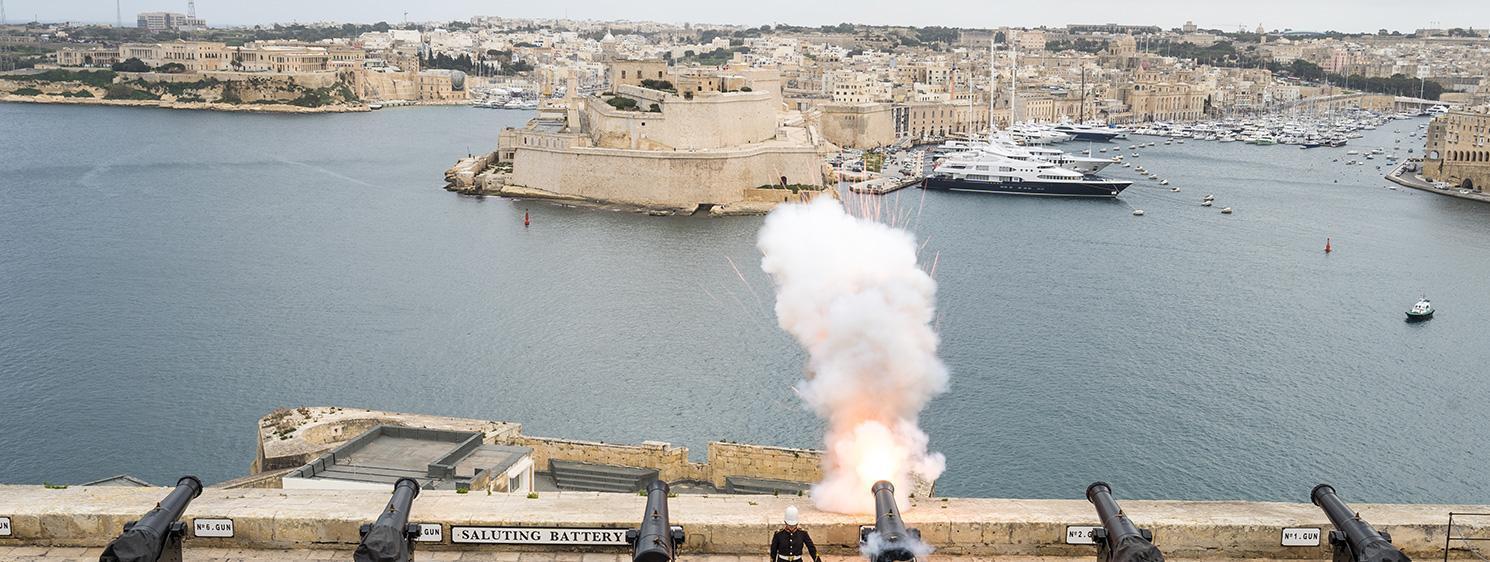
Celebrating the Independence of Malta from Great Britain in 1964. ©Pixabay
“Talk in Maltí, if you want me to understand you”; each and every word have an Arabic origin. Meanwhile, in the Arab countries they will tell you: “let’s talk bil arabi fushsah” (standard Arabic), meaning that you should not speak the local Arabic dialect if you expect to be understood in every Arab country. We should remark that there are some 4 million Maltí speakers, half of whom are bilingual with English, and that out of the almost 250 million speakers of Arabic dialects, the vast majority can hardly understand classical Arabic, let alone speak it. This would be the equivalent of an Italian peasant from the times of Dante speaking perfect Latin.
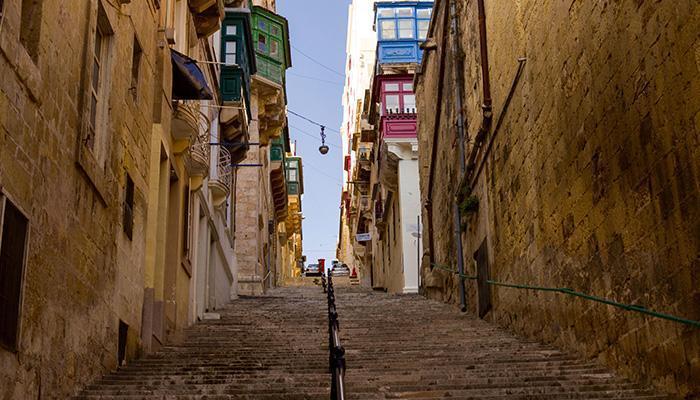
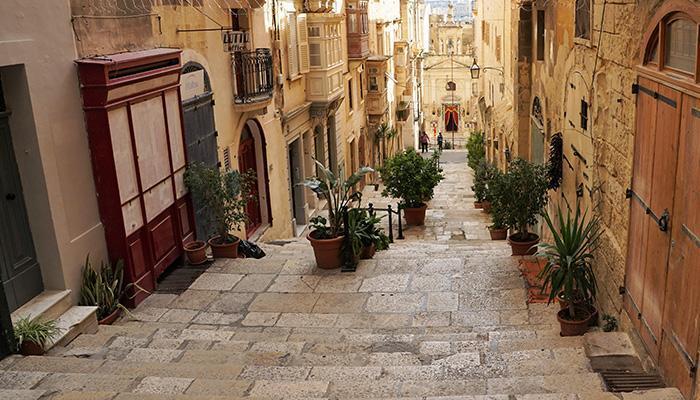
Most of the urban spaces in the island are oriented to the sea, toward which its steep streets descend, as in La Valletta. ©Pixabay
